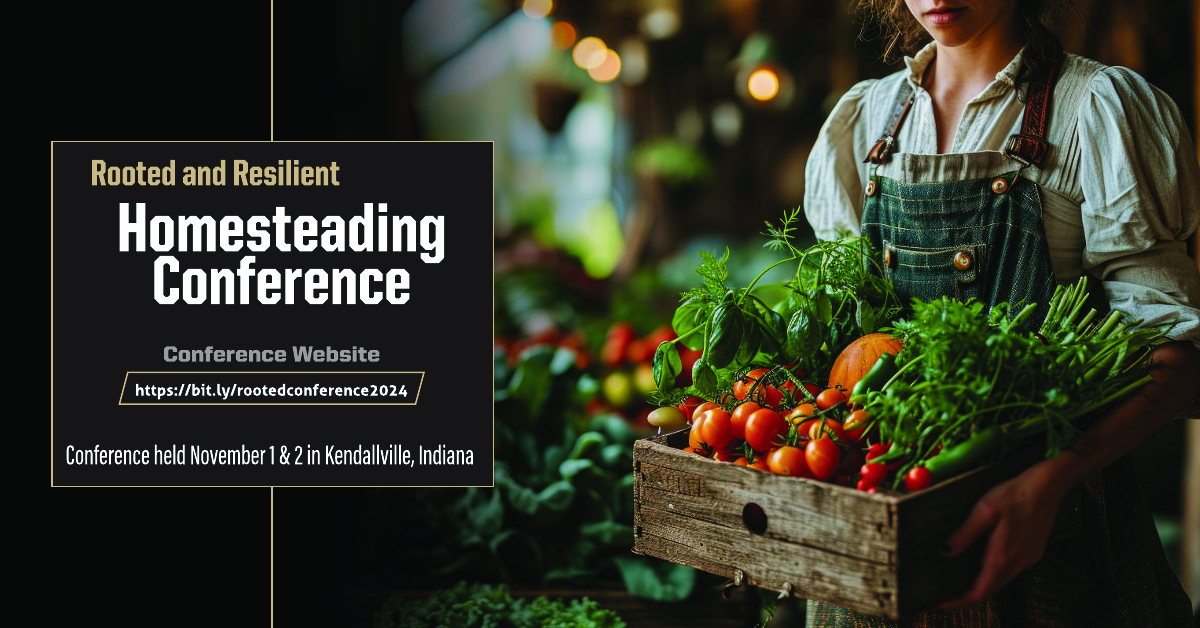
Unlock Homesteading Gold: The Power of Co-op Memberships
Ever stared down a daunting list of supplies needed for the season, feeling the pinch in your wallet and a pang of guilt about where those supplies were coming from? We've all been there. Finding affordable, ethically sourced, and high-quality resources for the homestead can feel like an endless quest. But what if there was a way to ease the burden, build community, and support sustainable practices, all while saving money? Enter the world of cooperative memberships.
Cooperative memberships, from agricultural co-ops to consumer co-ops, offer a powerful solution for homesteaders seeking to thrive, not just survive. They provide cost savings, ethical sourcing options, community support, and access to unique products and services often unavailable elsewhere. This post will guide you through understanding different types of co-ops, choosing the right one for your homestead's unique needs, and maximizing the benefits of membership to fuel your homesteading journey. Let’s explore how strategic co-op memberships can empower you to grow a healthier, more sustainable, and more connected homestead.

Understanding Different Types of Co-ops
The world of cooperatives is surprisingly diverse, each type catering to different needs and offering unique benefits. Knowing the landscape will help you identify the perfect fit for your homestead.
Agricultural Co-ops: These are your go-to for farm-related needs. Agricultural co-ops focus on providing farm supplies like feed, seeds, and fertilizer. Many also offer equipment rental, marketing assistance for your products, and even processing facilities. Think of a local grain mill cooperative where farmers pool their resources to process their grain into flour and animal feed. This eliminates the need for each farmer to invest in expensive milling equipment. For example, our local agricultural co-op allows us to purchase organic, locally milled chicken feed at a significantly lower cost than commercially available options. This has improved the health of our flock and supports other local farmers.
Consumer Co-ops: Often focused on groceries and household goods, consumer co-ops can be a boon for homesteaders. Many offer bulk buying options on essentials like flour, sugar, grains, and cleaning supplies at lower prices than traditional retail stores. A food co-op with robust bulk buying options allows you to stock up on staples while reducing packaging waste and saving money. These co-ops often prioritize local and organic options, aligning with homesteading values.
Purchasing Co-ops: These co-ops aggregate the buying power of many members to negotiate discounts on a wider range of products and services. This could include farm equipment, insurance, or even renewable energy installations. While less common, they can provide significant savings on big-ticket items or ongoing services.
Worker Co-ops: Owned and managed by their employees, worker co-ops are often founded on principles that resonate with homesteaders, such as fair labor practices and environmental sustainability. These co-ops might specialize in services like permaculture design, sustainable building, or handcrafted goods. Supporting them aligns your spending with your values.
Researching the co-op’s mission and values is vital. Make sure their priorities align with your own ethical and environmental standards. Do they prioritize local sourcing? Are they committed to sustainable practices? Understanding their core beliefs will help you determine if it’s a good fit for your homestead.
Choosing the Right Co-op for Your Homestead
Now that you know the types of co-ops available, it's time to choose the right one for your homestead. Here’s a step-by-step guide:
Assess Your Needs: Start by identifying your homestead’s biggest expenses and sourcing challenges. Are you struggling to find affordable organic fertilizer? Is quality hay proving elusive? Prioritize co-ops that address those specific needs first. Make a list of your top three sourcing challenges and then research co-ops that specialize in those areas.
Location, Location, Location: Geographic convenience is key. Choose co-ops that are located within a reasonable distance to minimize transportation costs and time. Consider the fuel costs and time commitment involved in traveling to the co-op. Also consider if the co-op offers online purchasing options.
Membership Fees & Requirements: Compare membership fees and understand the responsibilities involved. Some co-ops require volunteer hours or participation in meetings. Factor these requirements into your decision-making process. Are you willing to dedicate time to the co-op, or are you looking for a more passive membership?
Product Selection & Quality: Ensure the co-op offers the products you need at the quality you expect. Inquire about their sourcing practices. Are they transparent about where their products come from and how they are produced? Don't hesitate to ask for samples or visit the co-op to inspect the products firsthand.
Community & Values Alignment: Research the co-op’s community involvement and core values to ensure they align with your own. Attend a meeting, talk to existing members, and read their mission statement. Does the co-op support local initiatives? Do they prioritize environmental sustainability?
Start Small: Don’t feel the need to invest in several co-ops at once. Start with one and gauge the benefits before expanding. You can always add more memberships as your homestead grows and your needs evolve.
Maximizing Your Co-op Membership Benefits
Joining a co-op is just the first step. To truly reap the rewards, you need to be an active and engaged member.
Active Participation: Attend meetings, volunteer your time, and engage with other members to build relationships and gain access to exclusive opportunities. Many co-ops offer discounts or perks to active members.
Bulk Buying: Take full advantage of bulk discounts on staples like animal feed, seeds, and fertilizers. Plan ahead and coordinate with other members to maximize savings. For instance, our local co-op offers significant discounts on feed when purchased in bulk. We coordinate with two other homesteaders to purchase a large pallet of feed, splitting the cost and the storage.
Community Sharing: Participate in co-op-organized seed swaps, skill-sharing workshops, and equipment lending programs. These events are a fantastic way to learn new skills, connect with fellow homesteaders, and access resources you might not otherwise have.
Networking: Connect with other homesteaders and farmers to share knowledge, resources, and support. The co-op can be a valuable hub for building a strong network within your community. We’ve learned so much from other co-op members, from tips on beekeeping to advice on building a root cellar.
Advocate for Change: Use your voice as a member to advocate for improvements in product selection, sourcing practices, and community initiatives. As a member, you have a say in how the co-op is run and can help shape its future.
Stay Updated: Co-ops are constantly evolving, with new products, services, and initiatives. Stay in touch with their emails, newsletters, and social media to stay informed and take advantage of new opportunities.
Beyond Cost Savings: The Holistic Benefits of Co-ops
While cost savings are a major draw, the benefits of co-op memberships extend far beyond just a lower price tag.
Ethical Sourcing: By supporting local farmers, sustainable practices, and fair labor standards through co-op purchases, you align your spending with your values and contribute to a more ethical and sustainable food system.
Community Building: Connecting with like-minded individuals and fostering a sense of belonging within your local homesteading community. The co-op becomes a place to share ideas, offer support, and build lasting friendships.
Resilience & Self-Sufficiency: Gaining access to essential resources and support networks that can help you weather economic challenges and build a more resilient homestead.
Knowledge Sharing: Learning from experienced farmers and homesteaders through co-op workshops and mentorship programs.
Preservation of Traditional Skills: Some co-ops focus on preserving traditional farming techniques and heirloom varieties, ensuring that these valuable skills and resources are passed on to future generations.
The Cooperative Homestead: Growing Together
Cooperative memberships offer a powerful pathway for homesteaders seeking to balance frugality with ethical sourcing, community support, and long-term sustainability. By understanding the different types of co-ops, carefully choosing the right one for your needs, and actively participating in the community, you can unlock a wealth of benefits that extend far beyond simple cost savings. Membership can foster ethical consumption, build community, and promote resilience. With a strong community and shared commitment to sustainability, homesteaders can benefit by growing together.
The cooperative movement provides a tangible way to build a more resilient and sustainable food system, one homestead at a time. By working together, we can create a future where ethical, affordable, and locally sourced resources are accessible to all.

Now it's your turn! Share your experiences with co-op memberships in the comments below! What co-ops do you belong to, and what benefits have you experienced? Let's learn from each other and build a stronger, more cooperative homesteading community.



